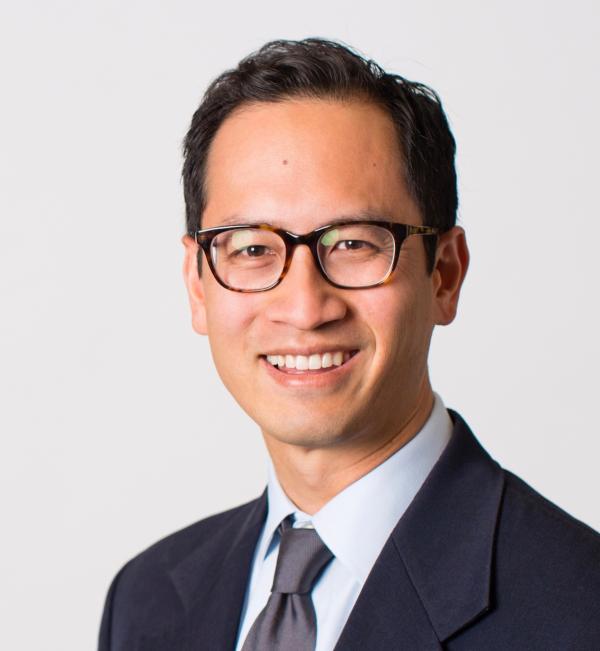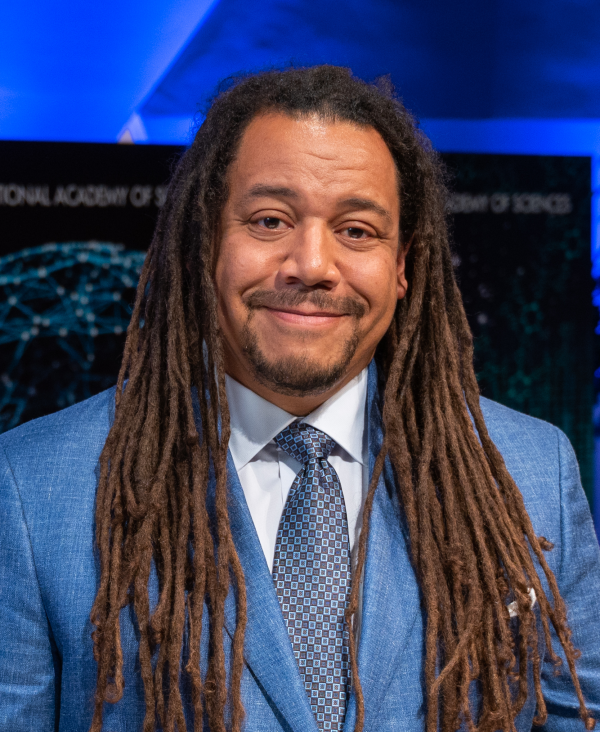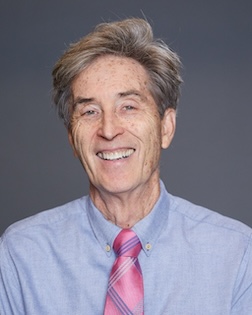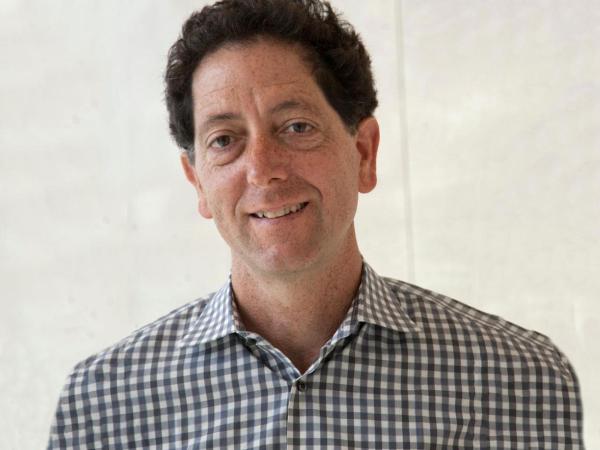NIH Director’s Lecture
The Director’s Lectures feature leading researchers from around the globe. Nominated by scientists and interest groups throughout NIH, the speakers are specifically approved by the NIH Director. There are typically three NIH Director’s Lectures per year.
This page was last updated on Tuesday, August 10, 2021









